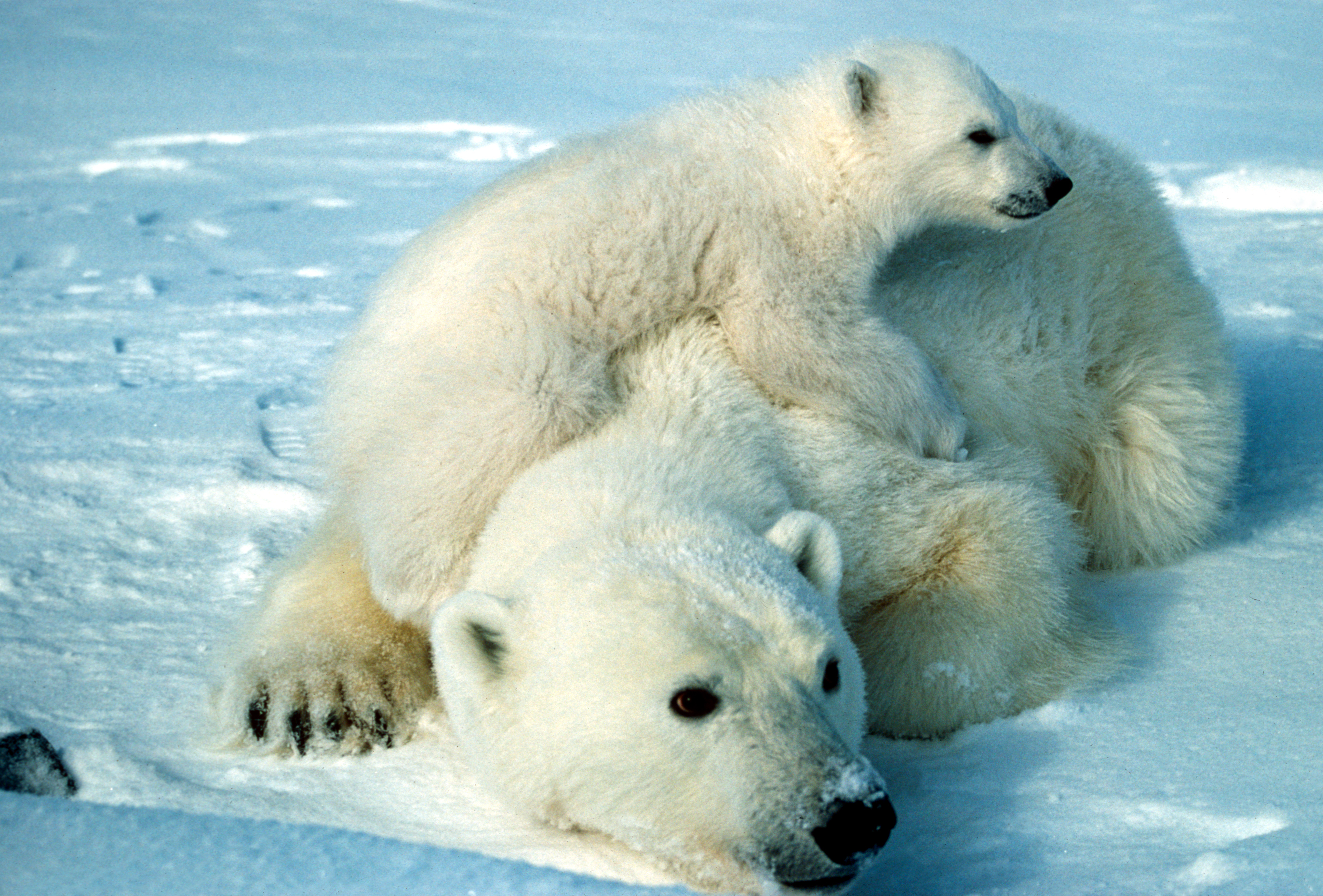CO2 is good. Climate scientists neglect these important facts.
Give us more–please!
CO2 is not – and has never been a poisonous gas.
That claim was not made by the ‘so-called 97 percent’ of climate scientists who believe in climate science. The claim was made by the brilliant scientist István Markó. He was brilliant but has recently passed away. What he shared in an interview about CO2, and its supposed harm to the environment, is a beautiful truth. (Scientists all agree?)
It doesn’t take a brilliant scientist to figure out what he said is obviously true. The ‘truth’ he shared is taught in basic science classes around the world. Everyone should agree with the ‘brilliant’ truth he revealed, but there isn’t time for truth in this debate. Too much is at stake for anyone to slow down and listen to real facts.
If you do have the time, below are some facts you should know.
The following linked article contains undisputable facts regarding the climate change debate that has been ongoing for several decades.
Possibly the best thing you will ever read on global warming
Some highlights from the interview.
CO2 is not – and has never been a poison
Each of our exhalations, each of our breaths, emits an astronomical quantity of CO2 proportionate to that in the atmosphere (some >40,000 ppm); and it is very clear that the air we expire does not kill anyone standing in front of us. What must be understood, besides, is that CO2 is the elementary food of plants. Without CO2 there would be no plants, and without plants, there would be no oxygen and therefore no humans.
Plants love CO2. That’s why the planet is greening

Plants need CO2, water, and daylight. These are the mechanisms of photosynthesis, to generate the sugars that will provide them with staple food and building blocks. That fundamental fact of botany is one of the primary reasons why anyone who is sincerely committed to the preservation of the “natural world” should abstain from demonizing CO2. Over the last 30 years, there has been a gradual increase in the CO2 level. But what is also observed is that despite deforestation, the planet’s vegetation has grown by about 20 percent. This expansion of vegetation on the planet, nature lovers largely owe it to the increase in the concentration of CO2 in the atmosphere.
Climate change is natural
Over the last 12,000 years, what we have witnessed is an oscillation between warm and cold periods, thus periods with rising and declining sea levels. Incontestably, sea and ocean levels have been on the rise since the end of the Little Ice Age that took place approximately from the beginning of the 14th century until the end of the 19th century. At the end of that period, global temperatures started to rise. That being said, the recorded rise is 0.8 degrees Celsius and is, therefore, nothing extraordinary. If the temperature goes up, ocean water obviously dilates and some glaciers recede. This is something glaciers have always done, and not a specificity of our time.
It is not true that CO2 has a major greenhouse effect. Reports of its influence have been exaggerated
It is worth remembering here too that CO2 is a minor gas. Today it represents only 0.04 percent of the composition of the air, and its greenhouse effect is attributed to the value of 1. The major greenhouse gas in the atmosphere is water vapor which is ten times more potent than CO2 in its greenhouse effect. Water vapor is present in a proportion of 2 percent in the atmosphere. Those facts are, in principle, taught at school and at university, but one still manages to incriminate CO2 alongside this learning, in using a dirty trick that presents the warming effect of CO2 as minor but exacerbated, through feedback loops, by the other greenhouse effects. (Its the water!)

I thoroughly enjoyed reading this article. I remember learning all these ‘facts’ in science when I went to school. These facts rarely enter the discussion anymore. Truth should be the goal but it’s not. I think its more about making people believe a convenient lie instead of the pursuit of truth.

Let me know what you think.